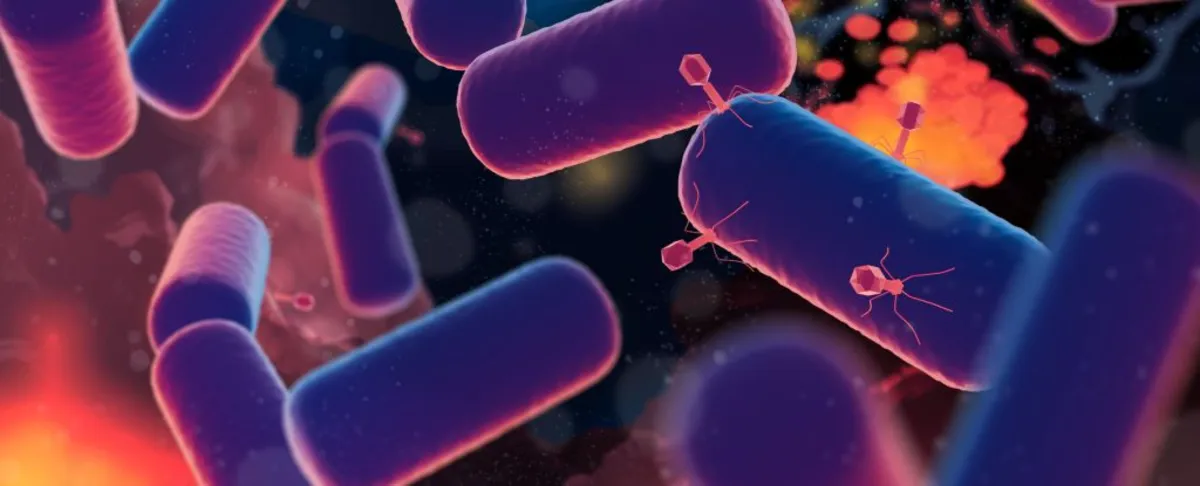
In the early history of our planet, a remarkable transformation took place. A collection of increasingly complex chemicals, energized by an external jolt, somehow evolved into an energy-producing and self-replicating cell. This pivotal moment in Earth's history, believed to have occurred billions of years ago, remains shrouded in mystery. However, scientific discoveries have revealed evidence of life dating back approximately 4.2 billion years, merely 250 million years after Earth’s formation.
Among the earliest signs of life are the ancient fossilized microbial mats known as stromatolites, which are formed by cyanobacteria and date back to around 3.7 billion years. Additionally, ancient rocks in Australia exhibit isotope signatures that suggest life existed as far back as 4.1 billion years ago. Intriguingly, filamentous structures discovered in Canadian rocks may also have biotic origins, with estimates placing them at 4.28 billion years old.
Research into the genetics of early life has led scientists to explore the concept of the Last Universal Common Ancestor (LUCA). This hypothesized ancestral cell is believed to have given rise to the three domains of life: bacteria, archaea, and eukarya. While LUCA is estimated to be at least 3.6 billion years old, some theories suggest it could be as ancient as 4.3 billion years.
The precise timing of life’s appearance on Earth remains a topic of considerable scientific debate. Despite the uncertainties surrounding this timeline, it is increasingly evident that life emerged relatively quickly after the planet's formation. In a groundbreaking paper, American astronomer David Kipping presents compelling evidence that supports the hypothesis of rapid abiogenesis on Earth and similar planets. Titled "Strong Evidence That Abiogenesis Is a Rapid Process on Earth Analogs," this research has been accepted for publication in the journal Astrobiology.
Kipping's analysis suggests that the early emergence of life may indicate that abiogenesis is a swift process in environments similar to Earth. He argues that if evolution typically spans around 4 billion years to yield intelligent life forms like humans, the finite lifespan of Earth's biosphere (approximately 5-6 billion years) necessitates a prompt initiation of life. This notion aligns with the weak anthropic principle, which posits that our existence as intelligent observers is contingent upon our planet’s suitability for such life forms.
However, this presents a paradox: the rapid appearance of life contrasts with the significant duration required for intelligent life to evolve. Kipping questions whether our perspective as intelligent beings influences our understanding of when abiogenesis occurred. He also raises vital questions about the timing and trajectory of life on other Earth-like planets. If such planets exist, do they follow a similar timeline for the emergence of life?
Research indicates that Earth will not remain habitable indefinitely. In approximately 900 million years, the aging Sun will increase in brightness, potentially rendering Earth uninhabitable. This emphasizes the need for life to commence soon after a planet's formation, especially if intelligent life is to arise before becoming unviable. Kipping notes that life must have started around 3.6 ± 0.8 billion years ago, coinciding with the findings of Earth's oldest known microfossils, which are estimated to be around 3.7 billion years old.
Kipping employs Bayesian analysis to refine our understanding of when life first appeared on Earth. His previous studies suggested a 3:1 probability in favor of rapid abiogenesis based on ancient microfossil data. More recent findings regarding carbon ratios in ancient rocks have strengthened this probability to 9:1. With the latest data indicating LUCA's existence around 4.2 billion years ago, the odds ratio has now crossed the threshold to an impressive 13:1, further solidifying the case for rapid abiogenesis.
Kipping asserts that this compelling evidence supports the hypothesis of a swift emergence of life under Earth-like conditions, even if such conditions are relatively rare. He also addresses the Silurian hypothesis, which speculates about the possibility of ancient civilizations existing long before ours. While Kipping's findings suggest that rapid abiogenesis is not significantly affected by the lifespan of a biosphere, he cautions that this does not imply that life, particularly intelligent life, is prevalent throughout the universe. Earth may, in fact, be an anomaly.
As we continue to investigate the origins of life, Kipping emphasizes the importance of exploring other planetary systems. The quest to discover how common conditions analogous to those on Earth might be is vital for understanding the broader context of life in the universe. Until we find conclusive evidence of life beyond Earth—whether on Mars, an ocean moon, or an exoplanet—our understanding remains limited to a single data point: our own planet.
In conclusion, Kipping’s research provides valuable insights into the rapid emergence of life on Earth, opening doors to further exploration and understanding of life's potential existence elsewhere in the cosmos.